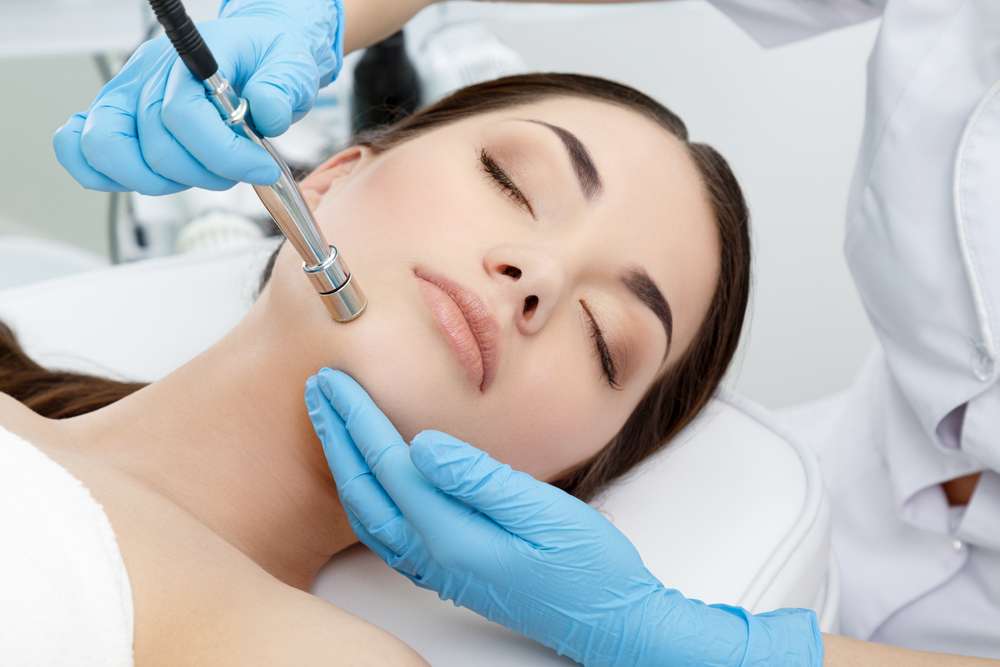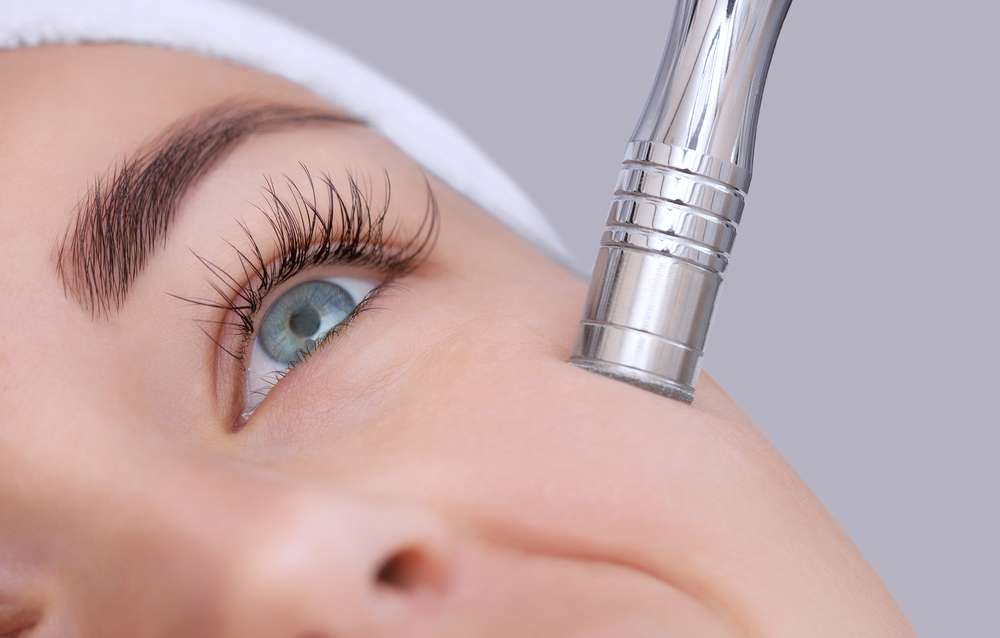Acne is a common skin condition affecting millions of people globally. It causes pimples, blackheads, and whiteheads on the skin and can be challenging to treat. Microdermabrasion is a cosmetic procedure that uses a device to remove the topmost layer of dead skin cells. In this article, we will explore the connection between microdermabrasion and acne treatment in Toronto and how this procedure can help alleviate acne symptoms.
What is Microdermabrasion?
Microdermabrasion is a minimally invasive cosmetic procedure that uses a machine to spray fine crystals onto the skin. The crystals gently remove the topmost layer of dead skin cells, revealing smoother and clearer skin. This procedure is performed by licensed estheticians or dermatologists and takes about 30-60 minutes to complete.
How does Microdermabrasion Help with Acne?
Microdermabrasion helps with acne by removing dead skin cells and unclogging pores. The procedure also promotes the production of collagen and elastin, which are essential for healthy skin. The increased blood flow to the treatment area also helps to reduce inflammation, redness, and scarring caused by acne.
Where to get Microdermabrasion for Acne Treatment in Toronto?
Toronto has several reputable skincare clinics and spas that offer microdermabrasion for acne treatment. It is important to choose a licensed and experienced practitioner who uses FDA-approved equipment to ensure the best results.

Microdermabrasion is an effective and safe cosmetic procedure for those who suffer from acne. The procedure helps to unclog pores, reduce inflammation, and promote healthy skin. If you are interested in microdermabrasion for acne treatment, it is important to choose a reputable practitioner in Toronto who uses FDA-approved equipment.
Acne Treatment: Options for Clear Skin”
Acne is a common skin condition that affects millions of people, causing redness, inflammation, and pimples. While acne is not a serious health threat, it can have a significant impact on self-esteem and confidence. Fortunately, there are many treatments available that can help reduce the appearance of acne and leave the skin looking clear and refreshed. In this article, we will explore the various options for acne treatment.
Over-the-Counter Treatments
Over-the-counter (OTC) treatments are the most common form of acne treatment. These products typically contain ingredients like salicylic acid, benzoyl peroxide, and alpha-hydroxy acids, which help to unclog pores and reduce inflammation. OTC acne treatments are available in the form of creams, gels, toners, and face washes and can be found at any drugstore or pharmacy.
Prescription Medications
If over-the-counter treatments are not effective, a doctor may prescribe prescription medications to treat acne. These medications include antibiotics, birth control pills, and topical retinoids, which work by reducing inflammation and unclogging pores.
Light Therapy
Light therapy is a form of acne treatment that uses a combination of blue and red light to kill the bacteria that cause acne. The procedure is performed by a dermatologist and typically takes 30 minutes to complete. Light therapy is a non-invasive and painless treatment option for those who suffer from mild to moderate acne.
Microdermabrasion
Microdermabrasion is a cosmetic procedure that uses a device to remove the top layer of dead skin cells. The procedure involves using a machine that sprays fine crystals onto the skin to gently remove the dead skin cells and promote the production of collagen and elastin. Microdermabrasion is a non-invasive and safe treatment option for those who suffer from mild to moderate acne.
Conclusion
Acne is a common skin condition that affects millions of people, causing redness, inflammation, and pimples. There are many treatments available that can help reduce the appearance of acne and leave the skin looking clear and refreshed. Over-the-counter treatments, prescription medications, light therapy, and microdermabrasion are all effective options for acne treatment. It is important to speak with a doctor or dermatologist to determine the best treatment option for your individual needs and skin type.
visit: bayshoply
